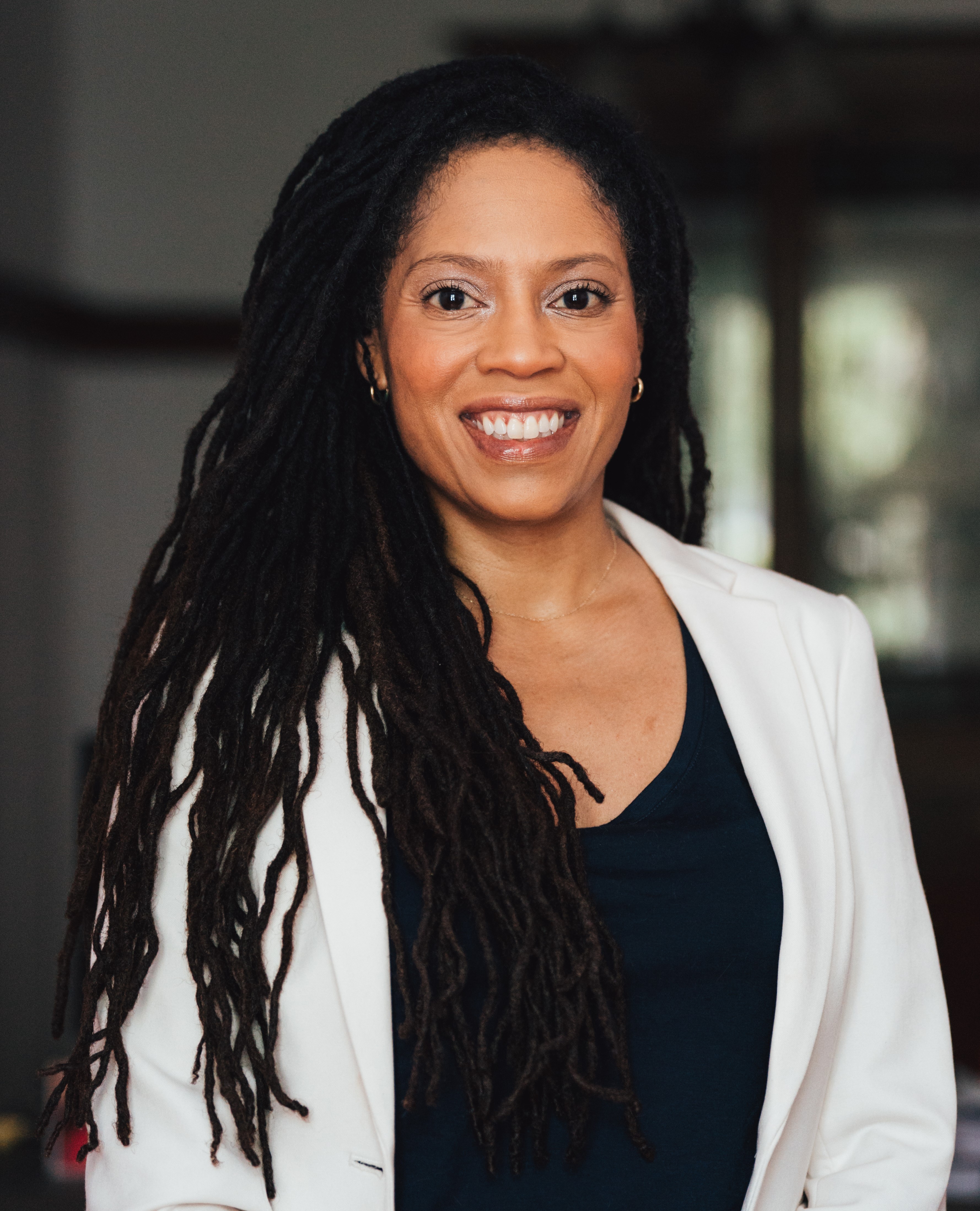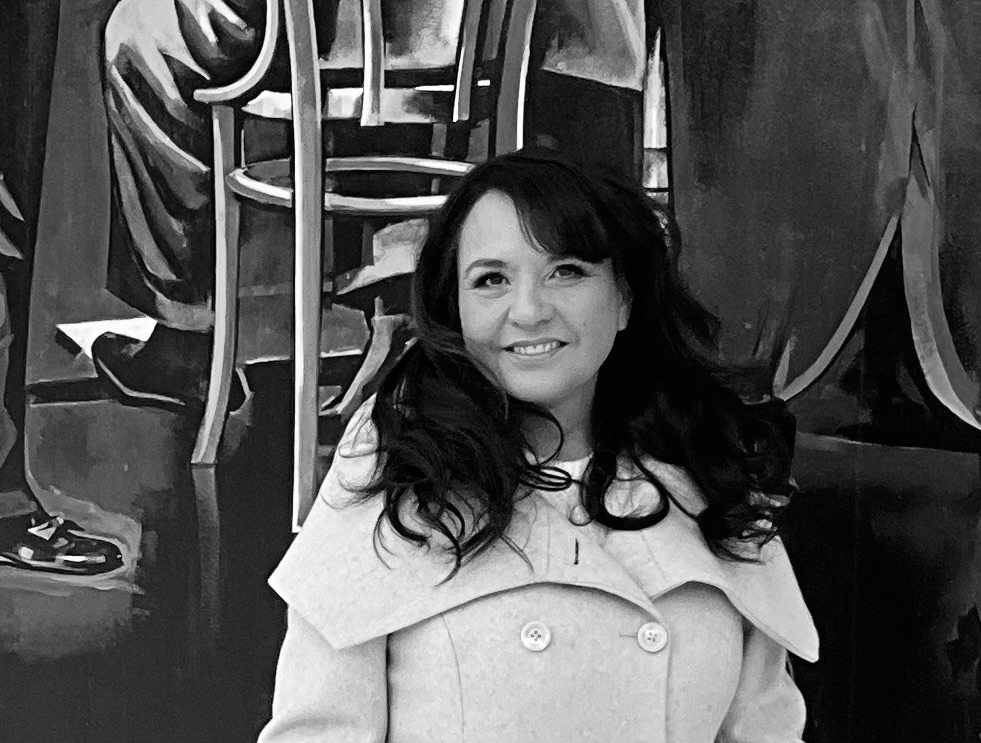- Home
- About Us
- The Team / Contact Us
- Books and Resources
- Privacy Policy
- Nonprofit Employer of Choice Award

 In 2004, I was a new manager at Frontier College, now United for Literacy. At that time, I took part in the Governor General Canadian Leadership Conference. This was such a privilege. I travelled through the Yukon territory for three weeks. My journey started in Whitehorse and went all the way up to Old Crow. It included a memorable stop in Teslin and visits to other First Nations of the territory. During this trip, I started to learn about the cultures, histories, and ambitions of First Nations, Métis, and Inuit peoples*. I decided to keep learning and made it a priority to listen closely when people share their knowledge with me and my colleagues.
In 2004, I was a new manager at Frontier College, now United for Literacy. At that time, I took part in the Governor General Canadian Leadership Conference. This was such a privilege. I travelled through the Yukon territory for three weeks. My journey started in Whitehorse and went all the way up to Old Crow. It included a memorable stop in Teslin and visits to other First Nations of the territory. During this trip, I started to learn about the cultures, histories, and ambitions of First Nations, Métis, and Inuit peoples*. I decided to keep learning and made it a priority to listen closely when people share their knowledge with me and my colleagues.
Something I have learned over the years is that telling the truth is necessary to build and maintain trust with all people. Indigenous peoples have a long history of oppression and dispossession. So, honesty is a priority when building relationships with Indigenous communities. We must break down the myth that information and facts only flow in one direction: outward from the dominant culture. As United for Literacy prepares to celebrate its 125th anniversary, we are considering our past while planning the future.
One step toward a more inclusive and equitable future is acknowledging the organization’s history.
In the spirit of sharing knowledge, I am joined by United for Literacy board member Kristen Miller in developing this article. Kristen is an Indigenous High School Graduation Coach for Edmonton Public Schools.
Throughout history, our society has privileged the Western knowledge systems and perspective. This reflects the colonial mindset that we are working to dispel. Systemic change is necessary. At United for Literacy, we acknowledge that we played a role in promoting non-Indigenous education. This contributed to the colonization of Indigenous peoples and communities.
 “To take the first step towards reconciliation, we first must learn the truth. We must have the courage to listen to untold stories, have conversations, and ask for clarification,” Miller says. “The truth can be difficult to hear. This is especially true as it pertains to the hidden history of the Indigenous People of Canada. Many emotions are likely to surface, and it may take time to absorb and digest the stories shared.”
“To take the first step towards reconciliation, we first must learn the truth. We must have the courage to listen to untold stories, have conversations, and ask for clarification,” Miller says. “The truth can be difficult to hear. This is especially true as it pertains to the hidden history of the Indigenous People of Canada. Many emotions are likely to surface, and it may take time to absorb and digest the stories shared.”
Telling the truth also means acknowledging and celebrating the knowledge of these groups. We must amplify the rich contributions of the Indigenous peoples on whose land we live.
Centring Justice for Indigenous People
ReconciliACTION is a set of important actions for non-Indigenous people and organizations. These actions help to decolonize frameworks and centre justice for Indigenous people. The six actions of ReconciliACTION are:
1. Learn the history between Indigenous and non-Indigenous peoples.
2. Understand the history and legacy of residential schools.
3. Explore the unique intersections between treaty, constitutional, Indigenous, and human rights we have in Canada.
4. Recognize the rich contributions that Indigenous peoples have made to Canada.
5. Take action to address historical injustices and present-day wrongs.
6. Teach others.
These actions resonate with me as CEO of a non-Indigenous organization. They are steps that we can take to become strong allies. I especially relate to Action 4, which is central to our work with First Nations, Métis, and Inuit communities. We have learned so much from (and with) our Indigenous partners. It is important that we recognize their generosity when it comes to knowledge sharing. At all levels of the organization, United for Literacy benefits from all we learn from Indigenous communities.
"When I reflect on Truth and Reconciliation," Kristen adds, "I think of the Elders I've met who live in the Alberta Treaties Territories of 6, 7, and 8. I also think of my mother and her siblings, who went through the Indian Residential School System. I consider the ways this affected their lives. Many Elders who went through the Residential School System engaged in high-risk activities and substance abuse as ways to suppress the pain they endured as children and youth. Being taken from their family, not allowed to speak their language, and losing their rich culture made deep impacts. Eventually, they returned to their communities to heal through ceremony and reclaim their spirit.”
"The Elders’ teachings come from a place of love and healing. One of their teachings has supported me on my journey. They relayed that the longest journey in one’s lifetime is going from your head to your heart. We use our minds always. However, it is also good to use your heart, especially when experiences or knowledge that challenge you occur. Feel with your heart…see with your heart…listen with your heart, and it will grow."
Mélanie Valcin is the President and CEO for United for Literacy and has been working in the areas of education, social innovation, youth mobilization and community development for the past 20 years. Mélanie currently sits on the Board of Directors of Le Devoir in Quebec. She also volunteers with Groupe 3737, an incubator for entrepreneurs from minority groups. In 2022, Melanie was named Black Changemaker by the CBC. She is also a member of Montreal's Groupe des Trente, which aims at promoting diversity in governance. Mélanie firmly believes that education is the key to achieving social equity and prosperity.
* Peoples refers to the wide variety of experiences, cultures and traditions reflected under the umbrella term First Nations, Métis, and Inuit.